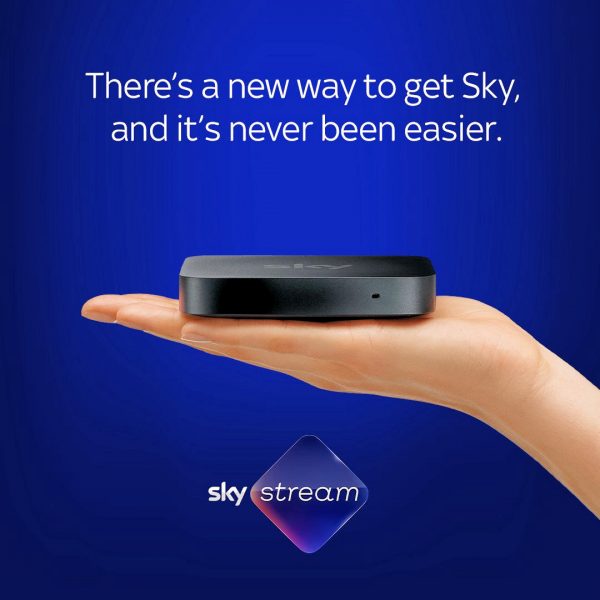cpcnw
0
Hi All,
I need to make some kind of assessment of FTTC with BT and compare it to a clients current services.
As I understand it speed tests alone aren't too useful when it comes to this kind of task because real world use of small networks consists of say 10-20 people all downloading / uploading data, from many different locations, at different times of the day and sometimes at the same time.
I see words like 'bandwidth', 'throughput' and 'capacity' used in these type of discussions although I think I am right in saying that mostly these refer to how much data you can simultaneously move up/down a link on a continuing basis and how that might vary with times of day, or other factors like how many other users are on a particular circuit / exchange etc.
My guess is I would have to recreate two way traffic continuously over say 24-48 hours, during peak and off-peak and somehow collate and make sense out of that data?
Any advice / pointers welcomed
I need to make some kind of assessment of FTTC with BT and compare it to a clients current services.
As I understand it speed tests alone aren't too useful when it comes to this kind of task because real world use of small networks consists of say 10-20 people all downloading / uploading data, from many different locations, at different times of the day and sometimes at the same time.
I see words like 'bandwidth', 'throughput' and 'capacity' used in these type of discussions although I think I am right in saying that mostly these refer to how much data you can simultaneously move up/down a link on a continuing basis and how that might vary with times of day, or other factors like how many other users are on a particular circuit / exchange etc.
My guess is I would have to recreate two way traffic continuously over say 24-48 hours, during peak and off-peak and somehow collate and make sense out of that data?
Any advice / pointers welcomed






































